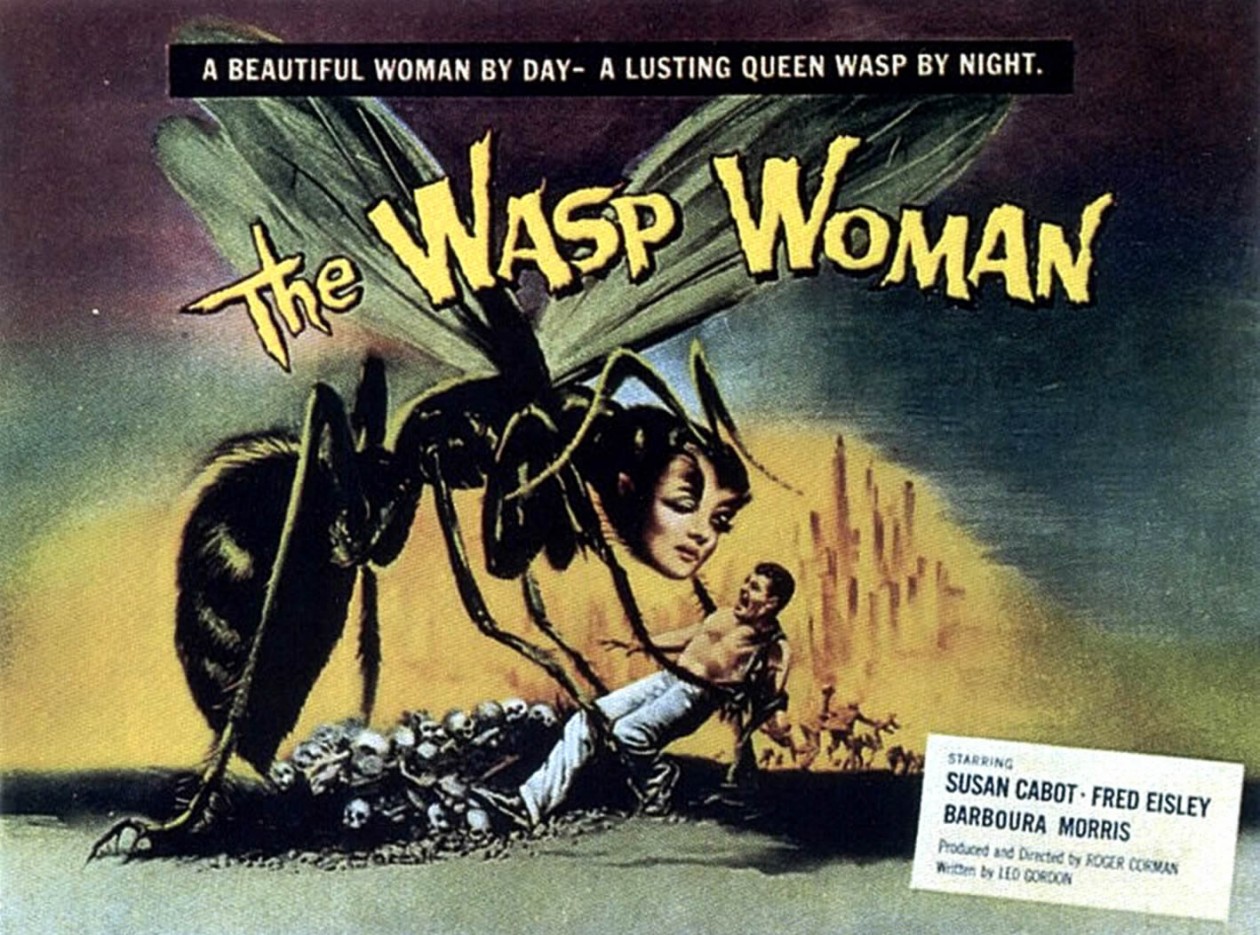On Monday we discussed the role of the femme fatale in film noir. The femme fatale is often mysterious, dangerous, and after money or wealth. More often than not she is more concerned with her own agency and power and has little concern for family or other domestic things that women of her era were expected to take interest in. This character represented a subversion of feminine expectations and an empowerment of sexual liberation and personal freedom. Although many femme fatales are not typically nice or good people they are capable of the same autonomy and power that typically only male characters are allowed. That being said, most femme fatales meet their demise by the end of the film. Most of the are either killed or punished with jail time or something worse.
What does this punishment say about strong female characters? Is it enough that the character was seen on screen even though they didn’t live to see the end of the film? I believe that although it is important for female characters to be portrayed powerfully they must also make it through the movie. By killing them off, it gives viewers the ability to say because she was a powerful woman she had to be punished. Some may argue that all bad, power-hungry characters should be punished in the end, but what makes femme fatales stand out from this statement is that their power is based in their femininity. By punishing them, you are punishing them for being feminine. In conclusion, although it is important for strong female characters to be displayed in any matter, the fact that they usually by the end of the film is sending the message that strong women should not be allowed to be successful.

Do you think this idea of a strong female role only occurs in film noir or across a broad spectrum of genres? I think this is not a strictly noir concept. Noir created the archetype but the femme fatale has transcended film noir. I think its interesting to explore why this characteristic has been pulled through to other genres.